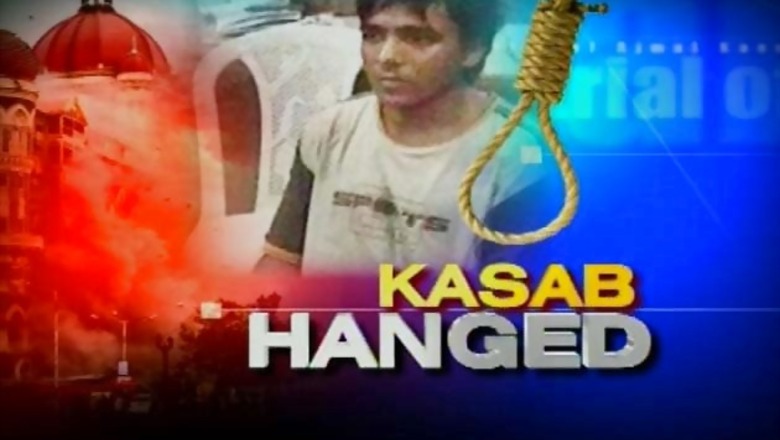
views
Peshawar: The Taliban threatened revenge on Thursday unless India returns the body of a Pakistani man executed for his role in the 2008 Mumbai attacks that killed 166 people. Pakistani Taliban spokesman Ahsanullah Ahsan demanded that Mohammed Ajmal Kasab's body be given back to his family or handed over to the Taliban.
"If his body is not given to us or his family, we will, god willing, carry on his mission," Ahsan told The Associated Press by telephone from an undisclosed location. "We will take revenge for his murder."
India secretly hanged Mohammed Ajmal Kasab on Wednesday and buried his body at the Yerwada jail in Pune, where he was executed. External Affairs Minister Salman Khurshid said on Wednesday that the government would consider any request from the Pakistani government or Kasab's family to hand over his body, but no such request had been received.
Kasab was the lone surviving gunman from the three-day attack in Mumbai, India's financial capital, which targeted two luxury hotels, a Jewish center, a tourist restaurant and a crowded train station. The nine other gunmen were killed during the siege.
The attackers entered Mumbai by boat on November 26, 2008, carrying cellphones, grenades and automatic weapons. Their rampage through the city was broadcast live on television, transfixing the nation and the world. It severely damaged relations between Pakistan and India, nuclear-armed neighbors who have fought three major wars against each other.
After Kasab was captured, an Indian judge sentenced him to death in May 2010 for waging war against India, murder and terrorism, among other charges. Kasab confessed that the Pakistan-based militant group Lashkar-e-Taiba was behind the Mumbai attack. The gunmen were in regular phone contact with handlers in Pakistan during the siege.
Indian officials accuse Pakistan's intelligence agency of working with Lashkar-e-Taiba to plan the attack - an allegation Islamabad denies. Lashkar-e-Taiba was formed with the help of Pakistani intelligence over two decades ago to put pressure on India over the disputed territory of Kashmir. Pakistan has since banned the group but has seemingly done little to crack down on the militants. Many analysts believe they still enjoy state support.
Unlike Lashkar-e-Taiba, the Pakistani Taliban have focused their fight against the Pakistani government, not India. The group has rarely spoken out about issues related to India, making its comments about Kasab unusual. Ahsan, the Taliban spokesman, said the group was unsure whether Kasab was working on behalf of Pakistani intelligence, as the Indians claim, which would make him suspect in the eyes of the Taliban.
"If he was used by someone, then it was between him and god," said Ahsan. "If he did all this to please God and was not used by someone, we will complete his mission." India offered no official comment on the Taliban's threat. However, an Indian government official said it will be a test for the Pakistani government to see whether it will allow its soil to be used again for an attack on India. The official spoke on condition of anonymity as he was not authorized to talk to reporters.
India has complained that Pakistan is not doing enough to crack down on the militants responsible for the Mumbai attack. Seven people including Lashkar-e-Taiba's chief military commander, Zaki-ur-Rahman Lakhvi, are facing trial in Pakistan for suspected links to the attack. But the proceedings have moved very slowly.















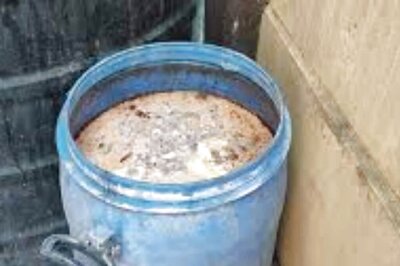
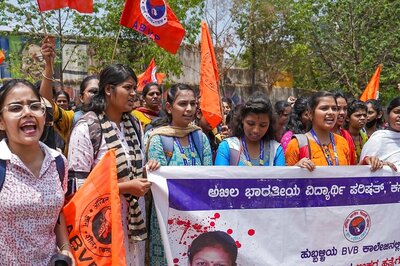
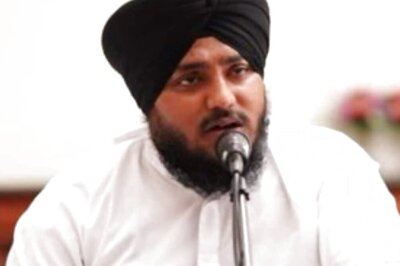

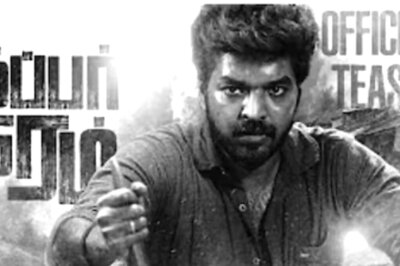
Comments
0 comment